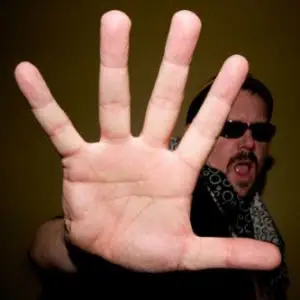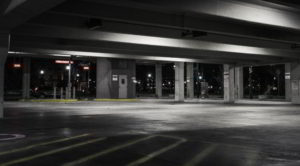
An Unknown Van has been Parked on the Street by Your House for Half of the Day.
If you are the victim of an accident, that van might be there to conduct surveillance. In some cases, insurance companies hire private investigation companies to follow accident victims and take pictures in order to confirm that the injuries and activity limitations are accurately reported.
Many accident victims are concerned that their privacy rights are being violated by this practice. So, what does Florida law allow? The Second District Court of Appeal simply summarized the state of the law by stating: “To the contrary, surveillance is a common practice in personal injury cases and is not improper.” Shaver v. Carpenter, 157 So.3d 305, 308 (Fla. 2d DCA 2015).
Although the Florida Constitution provides a right to privacy in Article I Section 12, generally, an individual has to demonstrate a reasonable expectation of privacy to receive protection. So, as long as the private investigator is on public property while they are taking pictures of the accident victim, the surveillance will usually be allowed.
One exception involves the use of new technological developments. Florida law specifically prohibits the use of drones with cameras from flying overhead and taking pictures for surveillance. See Fla. Stat. 934.50 (2015).
And although there are laws regarding stalking and voyeurism, they are only relevant if malice, or a bad intent, is involved.
So, as long as the private investigator is on public property while they are taking pictures of the accident victim, the surveillance will usually be allowed.
However, even if your privacy is not being violated, it is reasonable to call the police to report suspicious vehicles and people. Most law enforcement agencies will send an officer to speak to the private investigator and confirm their status. The officer will then report their findings to the accident victim, but, if the investigator is properly on public property, they will probably be allowed to remain there.
So this means that in most reasonable surveillance situations, they can point the camera in your direction.
–William Galione
NOTICE: The article above is not intended to serve as legal advice, and you should not rely on it as such. It is offered only as general information. You should consult with a duly licensed attorney regarding your Florida legal matter, as every situation is unique. Please know that merely reading this article, subscribing to this blog, or otherwise contacting Bogin, Munns & Munns does not establish an attorney-client relationship with our firm. Should you seek legal representation from Bogin, Munns & Munns, any such representation must first be agreed to by the firm and confirmed in a written agreement.
To consult with an experienced personal injury lawyer today, call 855-780-9986
Tags:
Call or text 855-780-9986 or submit our Consultation Request form today





